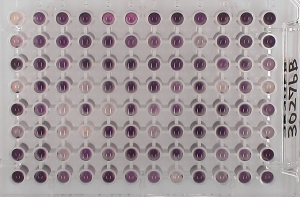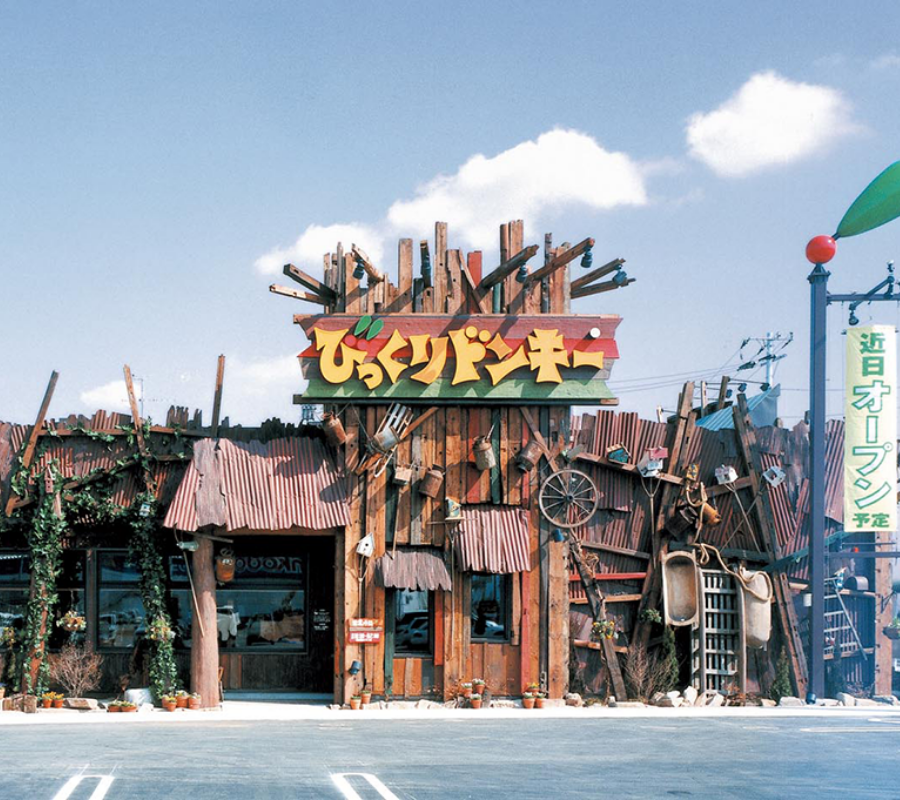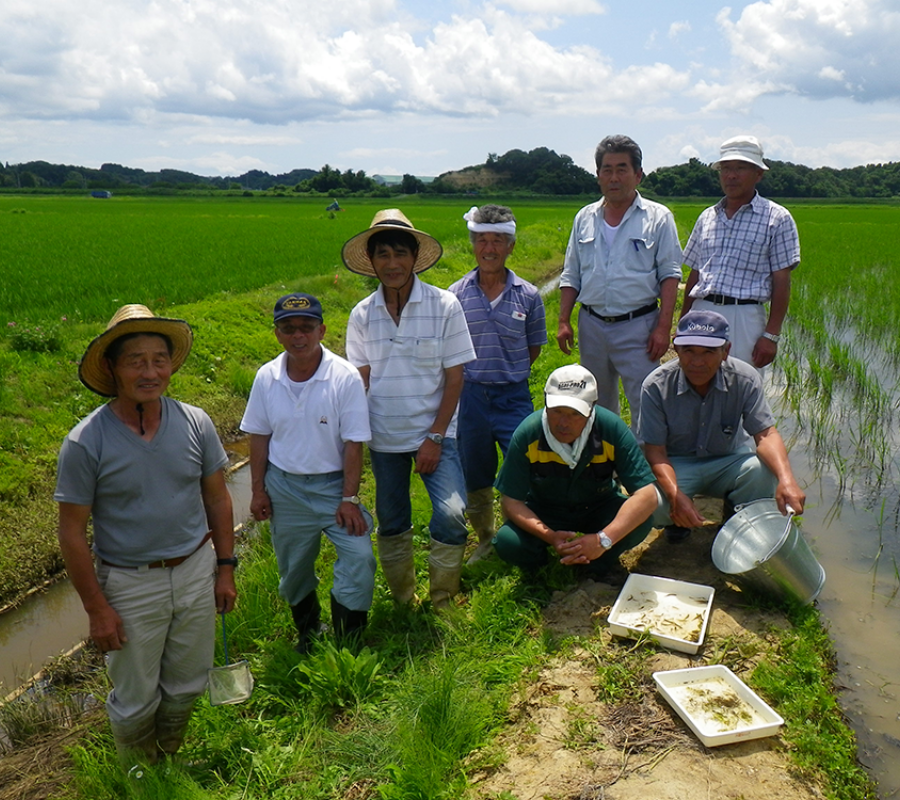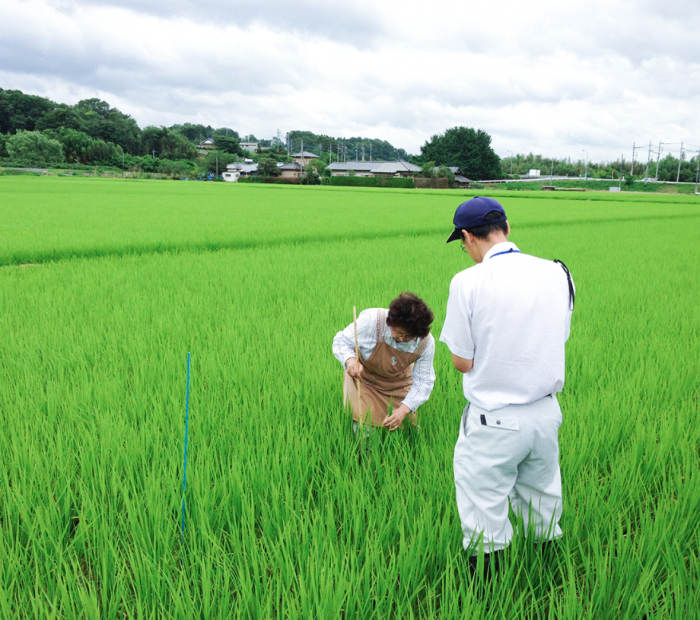Interview from 2012
Hokkaido Aleph Co., Ltd. Fuyumizutanbo Project – Yoshinori Hashibe
Since the opening of the first “Bikkuri Donkey” hamburger restaurant in Sapporo in 1989, Aleph Co., Ltd. has increased the number of restaurants and is rapidly raising the recognition of “Bikkuri Donkey”.
Even in the midst of rapid growth, the company has maintained the philosophy that “human beings are also healthy” and has established an experimental farm in Hokkaido that does not burden the environment. Recently, BIOTREX analysis has been used as an index to measure the progress of the project, and it has been effective.
We asked Mr. Yoshinori Hashibe, who has been in charge of the Fuyumizu-Tambo project since 2005, about his efforts.
Q. Please give us an overview of your company’s approach to environmentally friendly agriculture.
Following the founder’s idea, we established an experimental farm in Hokkaido more than 20 years ago. In addition, we have been promoting “pesticide-saving rice” for the last 15 years, which limits the use of pesticides and herbicides to a single application.
Since 2006, all Bikkuri Donkey stores have been using pesticide-saving rice grown by contract growers in Miyagi, Yamagata, Iwate and Akita prefectures, but it took 10 years to introduce the rice to all stores. Beef and pork are grown under contract, and vegetables are gradually being promoted in the same way as rice.

A plate with the analysis results of Mr. Aleph’s experimental field. Thanks to their efforts, the BIOTREX index value is as high as 1,591,995.
Q. How did you get involved?
I graduated from university with a degree in economics and had almost no experience in agriculture, but in the autumn of 2005 I was appointed as a member of an in-house project and entrusted with the experimental field of “fuyumizu-rice paddy”.
The project is modelled on the Kabu Kurinuma and surrounding paddy fields in Miyagi Prefecture, which were listed under the Ramsar Convention in autumn 2005.
In a 10-acre rice field, which was established in 2005 and harvested from 2006, the first year of cultivation was a trial and error process. The yield was low, and the taste was not good. In the third year, we applied a large amount of compost which resulted in a yield of more than 700 kg for 10 acres, above average, but the taste was not satisfactory. However, I realised that the soil is getting better than before
In 2011, the yield was more than 480 kg for 10 acres, the number of sludge worms increased, and the taste improved.
To extend what we had tested in the experimental field, we then started demonstrating Hokkaido-type winter-flooded rice paddies with four cooperating organic farmers in Hokkaido (expanded to six in 2011).
In 2009, we launched the initiative “Paddy Fields Rich in Life”, which uses no pesticides at all. The producers themselves study the organisms in the paddy fields and create biotopes. In 2011, 100 hectares of such “living paddy fields” nationwide accounted for about 10% of the rice used by Bikkuri Donkey.

“Bikkuri Donkey” hamburger restaurant (Morioka Inter Store).

Farmers of the “Paddy Fields Rich in Life” (Miyagi Prefecture).
Q. How do you use the BIOTREX analysis?
I would like to use it as one of the indicators to express the value of “Paddy Fields Rich in Life”. In fact, when we examined the values of the experimental farms and the fields of the cooperating farmers, the experimental farm was the only one with more than 1.2 million, and the microbial performance was the highest.
Even in the fields of the cooperating farmers, the value is high in the fields where organic farming is practised continuously, and significantly lower where pesticides are used.
Q. Please tell us about the future utilization of BIOTREX analysis.
In the future, we would like to use BIOTREX analysis in fields and pastures other than paddy fields. If the trend is the same in upland soils as it is in paddy fields, it will be possible to point producers in the direction of environmentally friendly agriculture. We are also promoting the composting of Bikkuri Donkey food waste, so we hope BIOTREX will become an indicator of good compost production.

